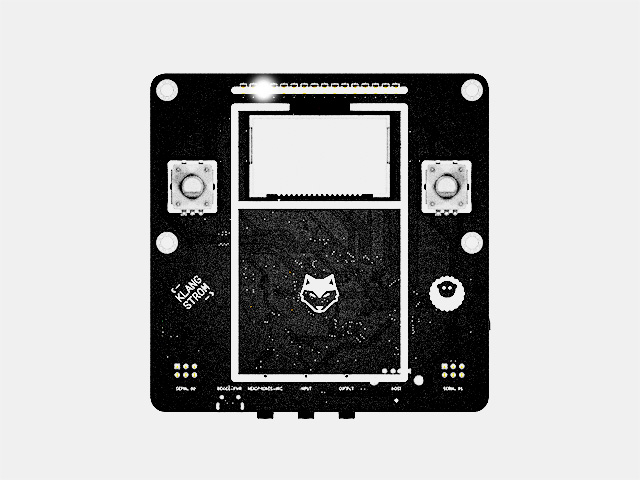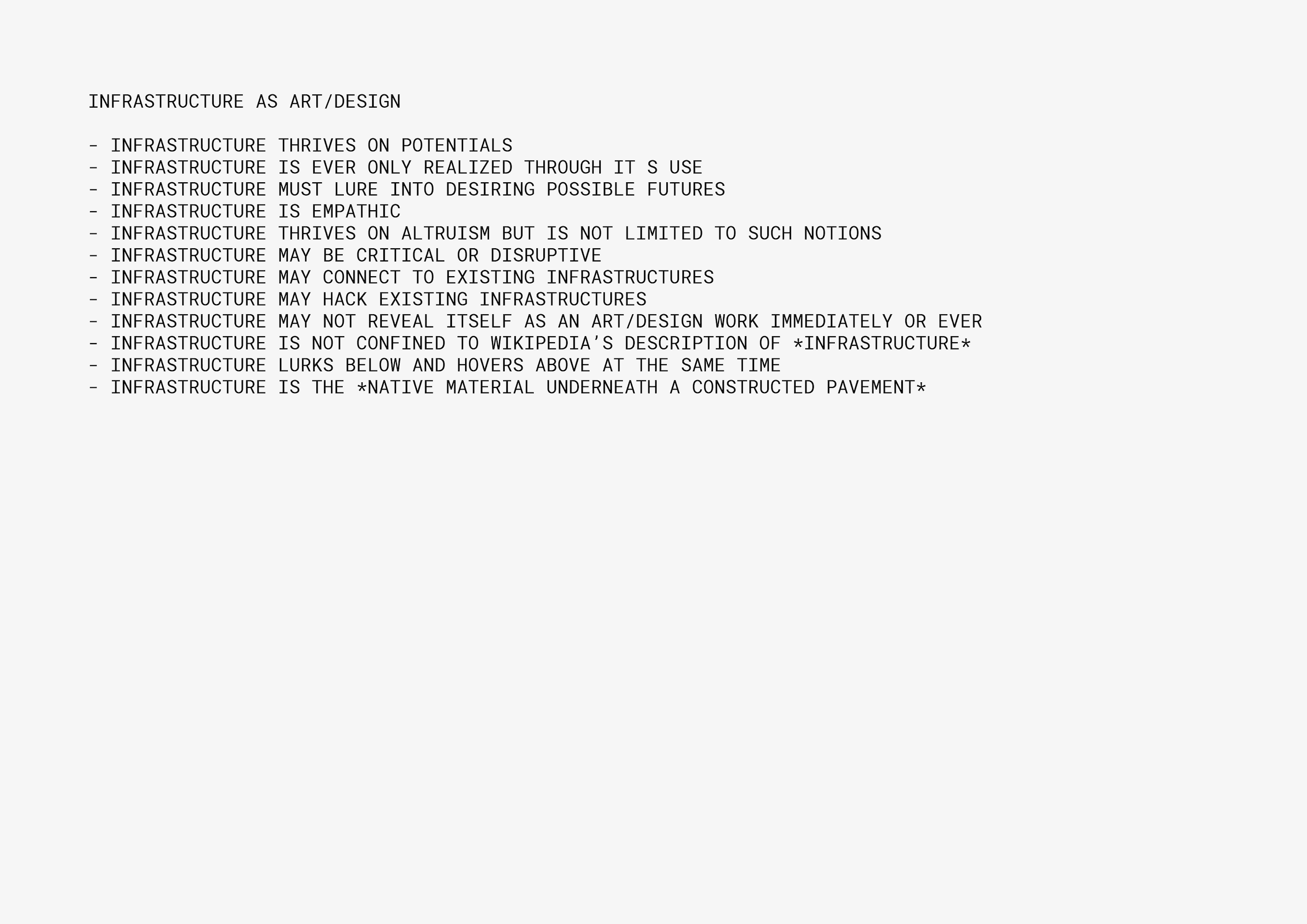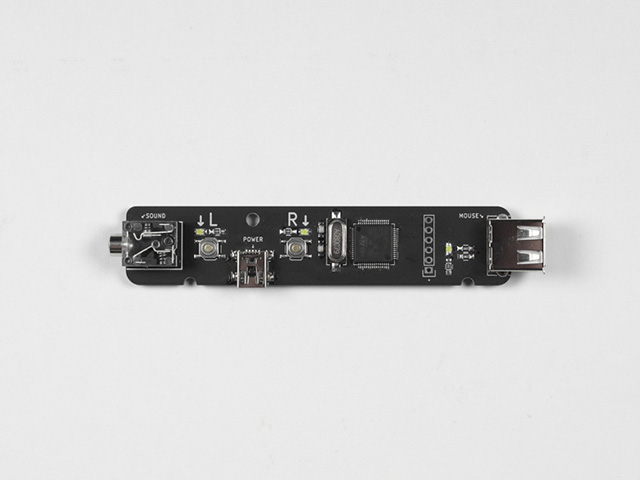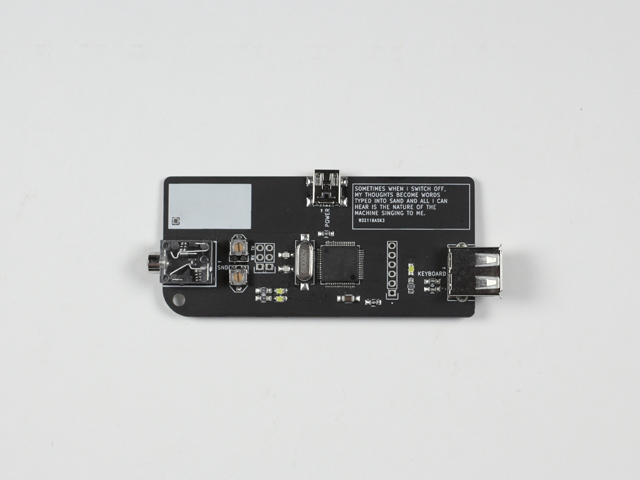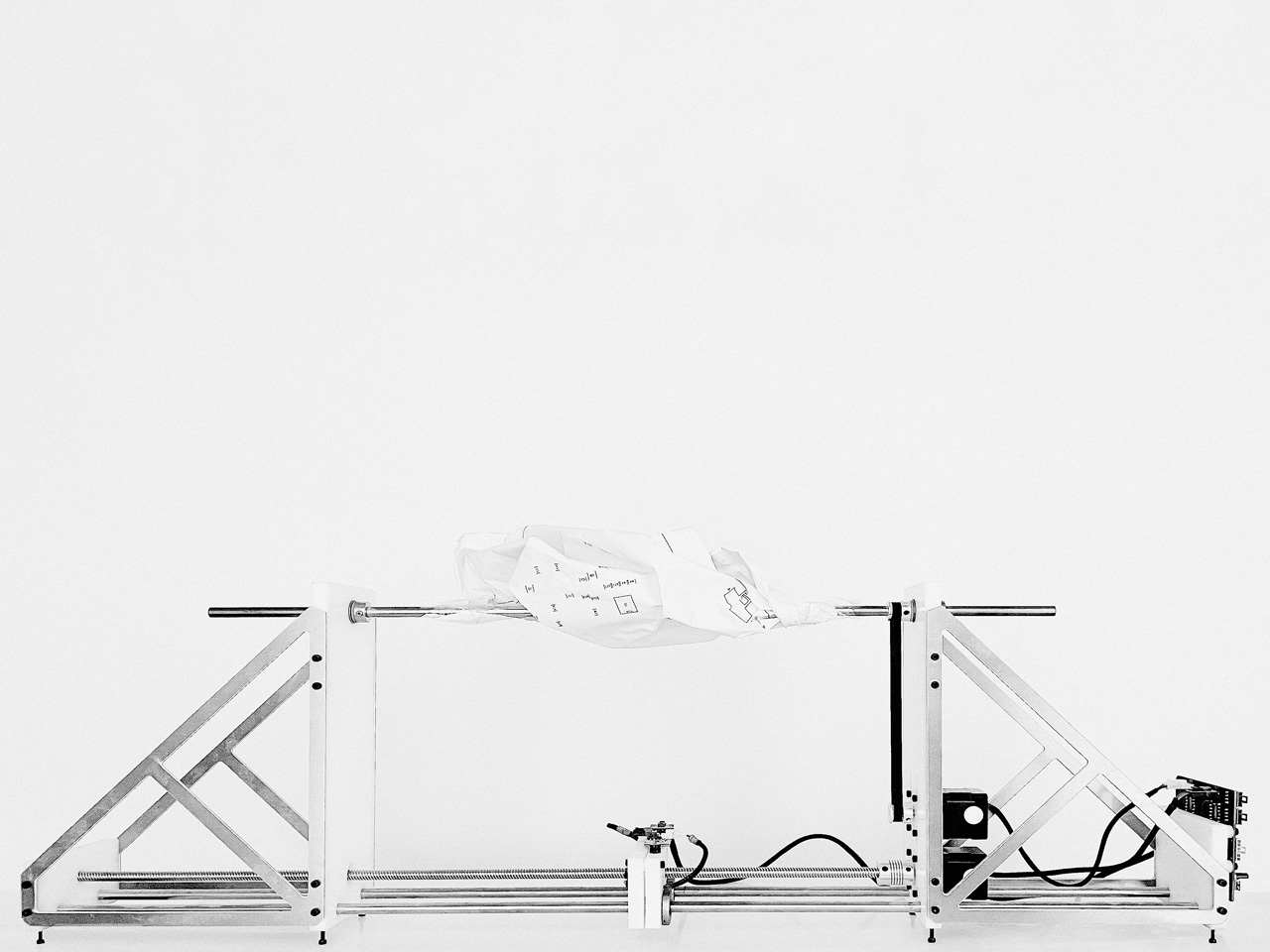Critical Instruments (CI) is a research framework in which the production, use and application of musical instruments is explored and redefined as a form of inquiry, critical thinking and acting.
It is based on the assumption that music is a social, empowering and participatory phenomenon and that it therefore can serve as a catalyst for aesthetic and social transformations. The framework essentially proposes to explore, map and apply the world building qualities of music by extending the traditional understanding of musical instruments, viewing them not just as creators of sound but as multi-dimensional artifacts.
From a methodical perspective the project is concerned with the juxtaposition of artistic-design methods ( such as Speculative Design, Critical Making, Participatory Design and Critical Design Ethnography ) and music in regards to local communities. The project attempts to expand the common perspective on the design, production and use of musical instruments and explore them as active social agents. Because CI is conceived as an artistic-design research project, the production of artifacts, the experimental research, as well as the application in situ play a central role ( Artistic Field Research ). For this very reason, forms of field research are to be further developed or even invented as part of this project. Cooperations with the social sciences ( such as sociology and ethnography ) are explored, cultivated and collaboratively evolved.
A focus is not only put on music making as an activity and music itself, but it is deliberately directed to the invention and production of ( electronic and digital ) musical instruments, as well as the infrastructure surrounding these actions, the community, and the locality, delineating a new form of local, inclusive, and community-based cohabitation and production.
In addition to the fact that music and the making of music is self-sufficient the transferability of experiences, findings and methods to other contexts ( e.g. areas of life, culture and science ) play a vital role in this research project.
The following questions are subject of the research framework:
- New Making :: How can products and services in the public domain ( Open Source ) be created in a participatory way ( incl. Non-Profit Products )? How can old forms of crafting be revived and brought back into local production ( Local Artisan Collaboration and New European Bauhaus )?
- Empowering Local Communities :: How can the local development and use of musical instruments structure a community? How can social challenges be overcome in this way ( Design for Change )? How can forms of shared participation be realized in this way ( Queer Use + Sharing Community )?
- New Music :: Which musical forms emerge beyond traditional forms of reception and production ( Citizen Music ), enabled by networking and digitalization ( Internet of Things )?
- Alternative Narratives :: How can music be a catalyst for identifying and crafting alternative narratives ( Design as Inquiry )? How can alternative futures and values be imagined through activities and experiences around music ( Speculative Design )?
The research framework Critical Instruments emerges from a series of prior activities, researches and works ( see e.g. Klangstrom and The Dynamic Archive as well as numerous works produced in the Digital Media Program at HfK Bremen ).
